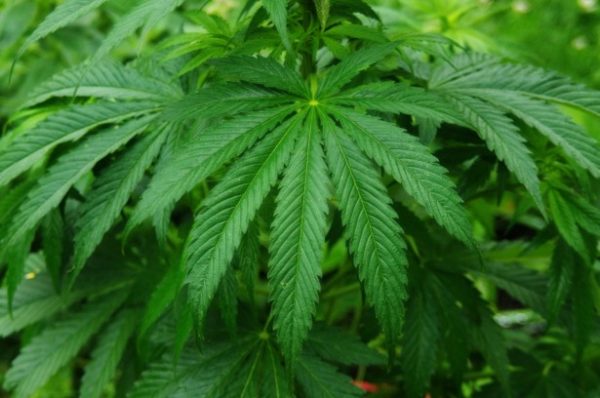
- Details
- By Native News Online Staff
WINDOW ROCK, Ariz. — The Navajo Nation on Thursday filed a lawsuit against Dineh Benally, Native American Agriculture Company, and Navajo Gold Company to stop illegal growth, possession and distribution of industrial hemp on the Tribe’s reservation.
In the lawsuit, Navajo Nation alleges the defendants of illegally growing, producing, manufacturing, transporting, licensing, and selling industrial hemp within the exterior boundaries of the Navajo Nation.
Navajo Nation also alleges the defendants unlawfully issued Navajo land-use permits to foreign entities to grow and cultivate industrial hemp.
“The Navajo Nation has received numerous complaints, tips, and warnings about these illegal activities happening on Navajo lands. It is unfortunate that in the middle of a global pandemic that has claimed too many of our relatives that the Nation is forced to take this action against one of our own, who seeks to enrich himself in blatant disregard for the laws of the Nation,” Navajo Nation Attorney General Doreen N. McPaul said.
As a part of the lawsuit, the Navajo Nation filed a motion for a temporary restraining order and a request for a preliminary injunction in order to ensure that the defendants are prevented from continuing operations.
In 2018, the Navajo Nation Council amended the Navajo Nation Code to broaden the definition of marijuana and made clear that industrial hemp was not permitted on tribal lands until the Navajo Nation created a regulatory system and obtained permits for it.
Since then, the Council has authorized a hemp pilot research project between the Navajo Agricultural Products Industry (“NAPI”) and New Mexico State University (“NMSU”) to study the best hemp producing plants for cultivation. The Tribe recently extended this project for a year and expanded the area by five acres for the 2020 crop season. However, that narrowly-tailored pilot program is exclusive to NAPI and NMSU in compliance with federal law. It does not permit Defendants’ activities nor does it otherwise legalized hemp production on the Nation’s lands generally.
The Navajo Nation Council and the Office of the President and Vice President have reiterated that growing, cultivating, and marketing industrial hemp is illegal in the Navajo Nation.
The lawsuit was filed in the District Court of the Navajo Nation, Judicial District of Shiprock, N.M.
More Stories Like This
Native News Weekly (August 25, 2024): D.C. BriefsNative Bidaské: The Illusion of Freedom and the Myth of America 250, Leonard Peltier Speaks Out
Monday Morning (March 2, 2026): Articles You May Have Missed This Past Weekend
Native News Weekly (March 1, 2026): D.C. Briefs
Scope Narrowed, Report Withheld: Questions Mount Over Michigan Boarding School Study
Help us defend tribal sovereignty.
At Native News Online, our mission is rooted in telling the stories that strengthen sovereignty and uplift Indigenous voices — not just at year’s end, but every single day.
Because of your generosity last year, we were able to keep our reporters on the ground in tribal communities, at national gatherings and in the halls of Congress — covering the issues that matter most to Indian Country: sovereignty, culture, education, health and economic opportunity.
That support sustained us through a tough year in 2025. Now, as we look to the year ahead, we need your help right now to ensure warrior journalism remains strong — reporting that defends tribal sovereignty, amplifies Native truth, and holds power accountable.
 The stakes couldn't be higher. Your support keeps Native voices heard, Native stories told and Native sovereignty defended.
The stakes couldn't be higher. Your support keeps Native voices heard, Native stories told and Native sovereignty defended.
Stand with Warrior Journalism today.
Levi Rickert (Potawatomi), Editor & Publisher

